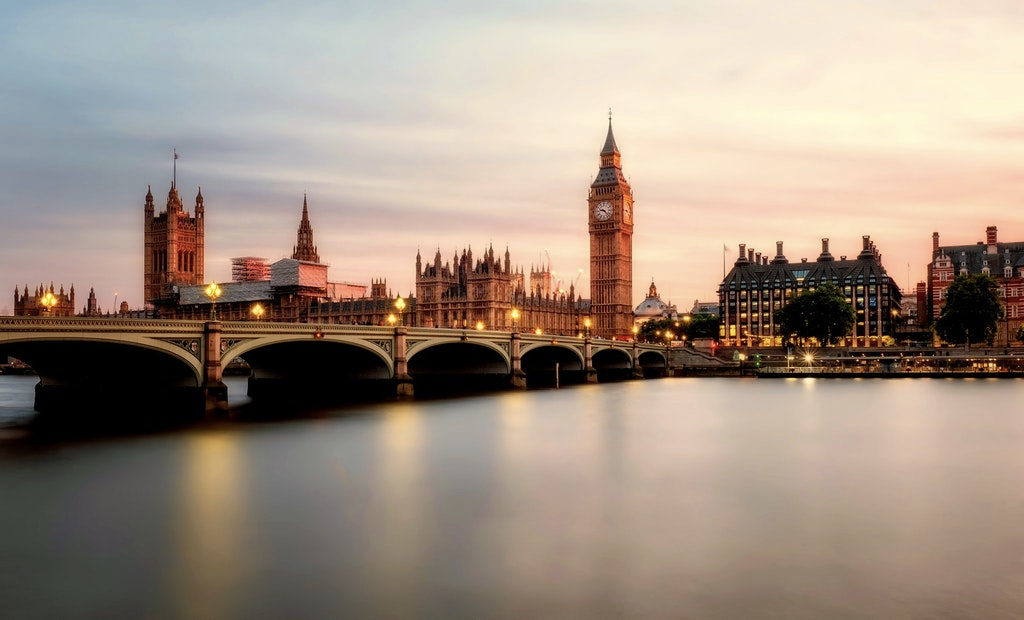Increase in minimum wage announced

Vince Cable, the UK Business Secretary, has announced that the national minimum wage for adults in the UK is set to rise 1.9% (12p) to £6.31 an hour starting in October.
The minimum wage for 18–20 year olds and apprentices, which was frozen last year, will rise by 1% (5p) to £5.03, while 16–17 year olds in work will see a rise of 1.08% (4p) to £3.72.
The adult rate is above the annual rise of 1.2% fixed by the Low Pay Commission (LPC) but below inflation running at 2.8%, which is anticipated to reach 3% by May. The nominal annual wage has now risen below inflation for four straight years, declining the purchasing power of UK citizens’ pay.
The announcement was delayed by a month which prompted speculation that apprentices’ wages might be kept at the same rate as recommended by the LPC.
The difficulty is increasing wage in line with nominal increases in prices due to inflation but against the prospect of losing labour competitiveness if the limit rises too much; something the UK is struggling with at an unemployment rate of 7.8%.
“Today’s announcement strikes a delicate balance between the need for an element of pay progression and the limitations employers face in accommodating pay rises,” said Tim Thomas of the manufacturing organisation Electronic Frontier Foundation (EEF).
On the other side of the argument, Adam Marshall, Director of Policy in the UK’s Chamber of Commerce has said: “While the pressures of inflation are affecting many people, including the lowest-paid, the scale of this rise [more than 50%], adds significantly to business costs most of all by contributing to broader pay inflation. It will also make some employers less inclined to hire additional members of staff.”
Vince Cable himself said: “Apprenticeships are at the heart of our goal to support a stronger economy, and so it is important to continue to make them attractive to young people. Therefore, I am not taking forward the LPC’s recommendation to freeze the apprenticeship rate due to non-compliance, but instead am raising it in line with the youth rates.”
The number of those that start apprenticeships has increased from 175,000 in 2006 to 510,000 in 2012. The largest change has been seen in the 25+ range where from 2011 to 2012 it increased by 79% as graduates with degrees sought to boost their skills.
Patrick Corby
























Facebook
Twitter
Instagram
YouTube
RSS